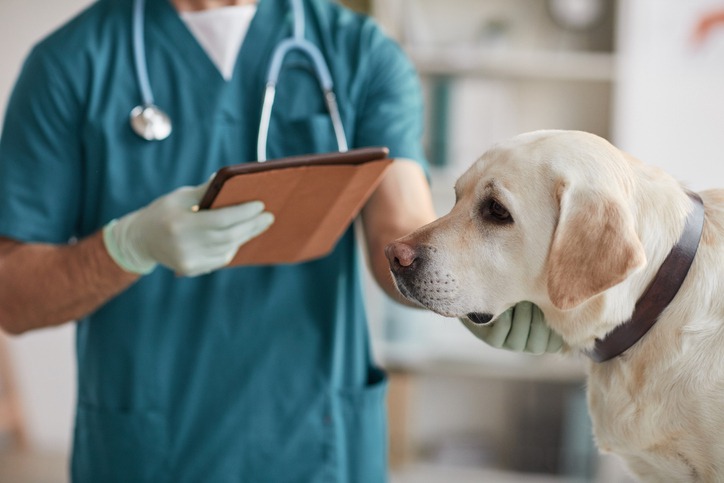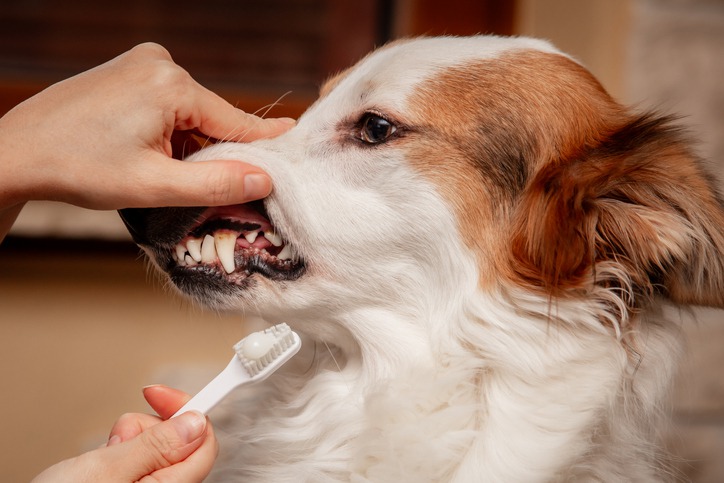Vaccinations are essential for keeping our furry friends healthy, but keeping track of booster shots can sometimes be confusing. As pet owners, it’s important for us to stay informed about which vaccinations our pets need and how frequently they should get them. This not only ensures their well-being but also helps maintain a happy and healthy home environment. In this article, we’ll cover how often booster vaccinations are needed for pets and address some common concerns pet owners have.
What is the Frequency for Pets’ Booster Vaccinations?
The frequency of booster vaccinations depends on several factors, such as the type of vaccine, the pet’s age, health status, and lifestyle. Generally, puppies and kittens need a series of vaccinations starting at 6 to 8 weeks of age. These initial shots are then followed by boosters every 3-4 weeks until they are about 16 weeks old. Once the initial series is complete, booster shots are typically given:
-
Annually, for some vaccines like Bordetella (kennel cough) and other non-core vaccines
-
Every 3 years, for core vaccines such as rabies, distemper, and parvovirus
Your veterinarian will provide a vaccination schedule tailored to your pet’s specific needs. It’s vital to adhere to this schedule to maintain their immunity against potentially deadly diseases.
Factors Influencing Booster Frequency
Several factors influence how often your pet needs booster vaccinations. These include:
-
Type of Vaccine: Core vaccines have different durations of immunity compared to non-core vaccines. Some may require annual boosters, while others last for several years.
-
Age and Health: Older pets or those with chronic conditions might have different requirements than young, healthy pets.
-
Lifestyle: Pets that go outdoors frequently or those in boarding facilities may need more frequent vaccines to protect against viruses and bacteria.
Discussing these factors with your veterinarian can help you decide the best vaccination schedule for your pet. If you’re located in or around Rancho Palos Verdes, maintaining a timely vaccination schedule is crucial for your pet’s health.
Regular immunizations help prevent outbreaks of harmful diseases. Clinics that offer pet vaccinations in Rancho Palos Verdes, CA understand the importance of personalized vaccination plans. Regular visits and consultations will help you keep your pet up-to-date with their vaccines, ensuring their long-term health and safety.
Signs Your Pet Needs a Booster
It can sometimes be challenging to recognize when your pet needs a booster shot. However, some common signs may include:
-
Frequent sneezing or coughing, which could indicate exposure to respiratory diseases
-
Lack of energy or unusual lethargy
-
Sudden loss of appetite or weight
-
Changes in behavior, such as increased aggression or timidity
If you notice any of these signs, schedule an appointment with your veterinarian. Regular check-ups will also help in identifying the need for boosters before symptoms arise.
Specialized Care
Beyond vaccinations, regular health check-ups can reveal other treatments that benefit your pet’s health. For instance, dog laser therapy in Rancho Palos Verdes, CA is an alternative treatment that can alleviate pain and inflammation. This non-invasive treatment uses light to promote cell regeneration and increase blood circulation, significantly improving the quality of life for dogs with chronic pain or post-surgical discomfort. Keeping up-to-date with veterinary visits ensures that you can explore such options for maintaining your pet’s health.
Tips to Stay on Track with Booster Vaccinations
Keeping track of booster vaccinations can feel overwhelming, but some tips can help streamline the process:
-
Use Reminders: Set reminders on your phone or calendar to alert you of upcoming vaccination dates.
-
Maintain Records: Keep a dedicated folder for your pet’s health records, including vaccination details.
-
Regular Vet Visits: Annual veterinary check-ups can help keep boosters on track and address any emerging health concerns.
-
Personalized Schedules: Work with your vet to develop a tailored vaccination schedule suited to your pet’s lifestyle and health.
-
Online Resources: Utilize online portals provided by your vet’s office for appointment scheduling and vaccination tracking.
Following these tips can ensure your furry friend remains protected from preventable diseases.
Potential Side Effects of Vaccinations
While vaccinations are generally safe, some pets may experience mild side effects. Common side effects can include:
-
Soreness or swelling at the injection site
-
Temporary fatigue or lethargy
-
Decreased appetite for a day or two
-
Minor fever
These symptoms usually resolve within a few days. If you notice more severe reactions like difficulty breathing, persistent vomiting, or facial swelling, contact your veterinarian immediately. These could be signs of an allergic reaction needing prompt medical attention.
Vaccinations in Pet Health
Vaccinations play a vital role in preventing diseases that can harm pets or even be fatal. Core vaccines protect against common yet serious diseases, while non-core vaccines shield pets from conditions specific to their lifestyle. Keeping up with vaccinations not only keeps your pet healthy but also contributes to the overall health of the pet community by preventing disease outbreaks. Regular vaccinations, coupled with booster shots, form a crucial part of responsible pet ownership.
Additionally, ensuring your dog is up-to-date with vaccinations is particularly important when considering dog boarding in Rancho Palos Verdes, CA options. Many dog boarding facilities require proof of vaccinations to protect all animals in their care from potential illnesses. This added layer of safety helps maintain a healthy environment, giving pet owners peace of mind when they need to be away from their furry friends.
Ensuring that your pet is properly vaccinated will not only keep them safe but also make it easier for you to take advantage of services like dog boarding without any concerns. It’s a simple yet effective way to ensure your pet lives a long, healthy life.
Vaccination FAQs
To wrap things up, let’s address some frequently asked questions about pet vaccinations:
-
Can I delay my pet’s vaccinations? Delaying vaccinations can put your pet at risk of contracting diseases. It’s best to stick to the recommended schedule.
-
Are there any pets that shouldn’t be vaccinated? Some pets with specific health conditions may not be suitable for certain vaccines. Always consult your vet.
-
Do indoor pets need vaccinations? Yes, indoor pets are still at risk from diseases transmitted through visitors or other means. Vaccinations are essential for them as well.
-
How much do vaccinations cost? The cost can vary based on the type of vaccine and your location. Consult your vet for detailed pricing.
Final Thoughts
Keeping up with booster vaccinations is a vital aspect of ensuring our pets’ long-term health and well-being. Regular vaccinations protect them from a host of serious diseases and contribute to a healthier community. By staying informed and working closely with your vet, you can create a vaccination schedule that best meets your pet’s needs. Don’t overlook the importance of regular vet visits and timely boosters for a happy, healthy pet.



